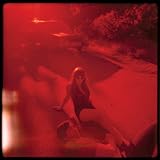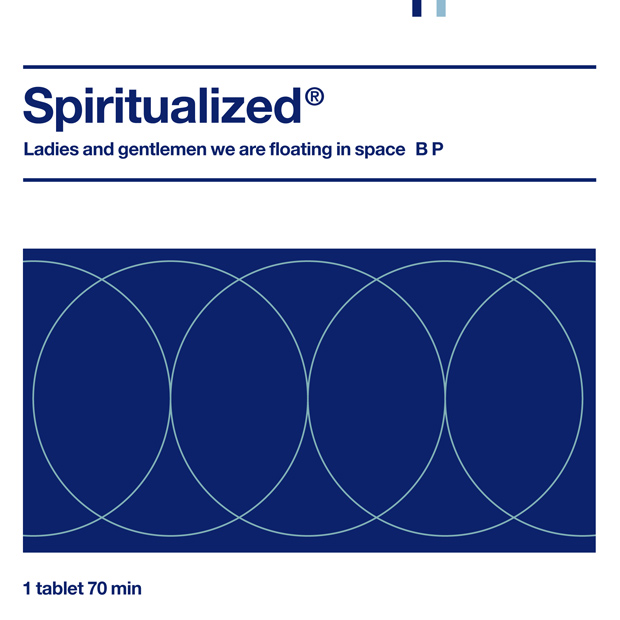What are you listening to and WHY might anyone be interested? (Vol.IX)
Posted by: Richard Dane on 01 January 2013
With 2013 upon us, it's time to start a fresh thread. I've gone back to an earlier thread title because often the "why" is the most interesting part of the post.
Anyway, links:
Volume VIII: https://forums.naimaudio.com/di...nt/12970396056050819
Volume VII: https://forums.naimaudio.com/di...6878604287751/page/1
Volume VI: https://forums.naimaudio.com/di...ent/1566878604097229
Volume V: https://forums.naimaudio.com/di...ent/1566878605140495
Volume IV: https://forums.naimaudio.com/di...ent/1566878605795042
Volume III: https://forums.naimaudio.com/di...ent/1566878607309474
Volume II: https://forums.naimaudio.com/di...ent/1566878606245043
Volume I: https://forums.naimaudio.com/di...ent/1566878607464290
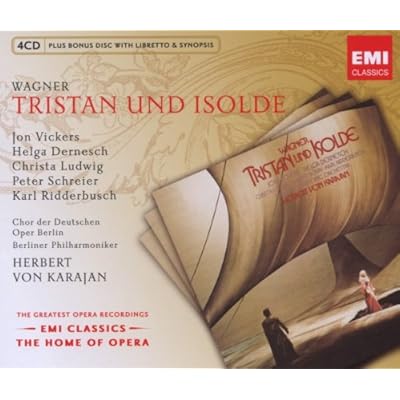
I've dissed this recording (comparatively) so many times on this forum, it's time to make up for that and assess it on its own virtues. Here goes:
There is a rumor that Karajan's studio Tristan und Isolde was originally recorded as the sound track of a movie that never materialised. It's not a fact I've been able to find evidence for, but it would explain some of the odd balances throughout the recording. In the mid-90s, EMI remastered the original 1972 recording to reduce these oddities, and this remastering was reused this budget issue - which includes full texts and translation on a separate CDROM. Apart from the remaining balance issues, the sound is full bodied and with bigger dynamic range and more depth than any of the studio tristans, let alone the live and semilive recordings.
In 1972, Vickers had just put Tristan on his repertoire. He sounds huge and flexible, and despite his dodgy German is by far the best Tristan ever on records, and the reason why this recording is a must have. Vickers had sung the part on stage with Birgit Nilsson, the only singer able to match him in insight and strength, but by this time she was no longer in her prime and I think it was the right decision to not use her, but the beautifully voiced Helga Dernesch. Dernesch had a lyric-to-dramatic soprano, good sized, and very young to sing Islode (she was 33).
Karajan shows tremendous power throughout the opera. He is slowish, sometimes giving the impression of slowness for the sake of slowness, but in fact less so than I remember.
The best Tristan on records? I think that honor goes to Bernstein, but Von K is a close second!
Cheers,
EJ
On CD:-
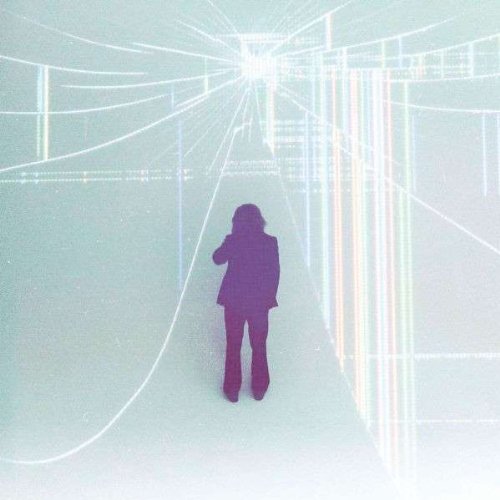
Jim James - Regions of Light and Sound of God
On CD:-
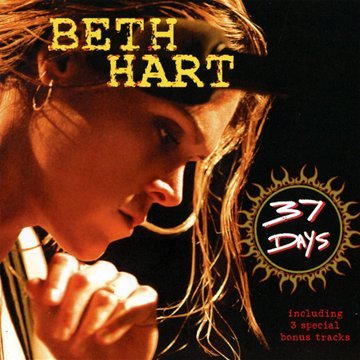
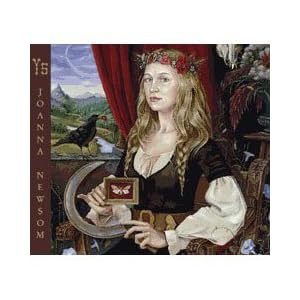
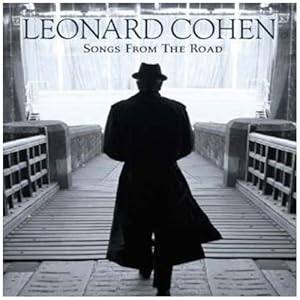


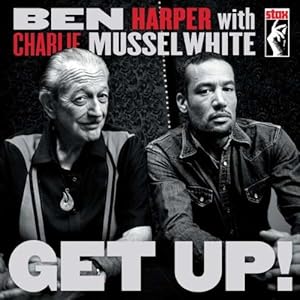
96/24
First play of my Kraftwerk vinyl (Import on Capitol)...

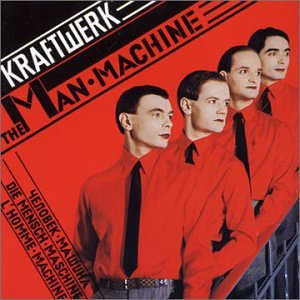
Inspired by Adrian ![]()
On Vinyl:-
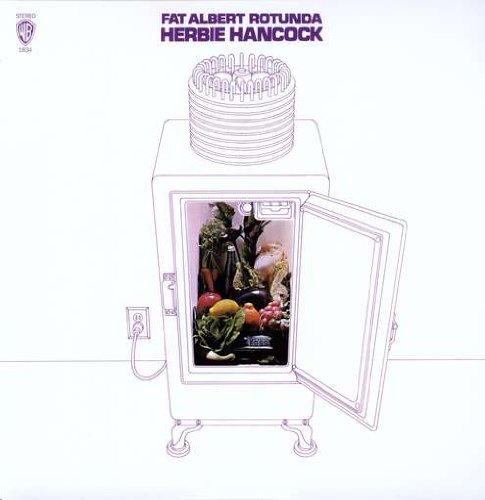
My copy arrived today,it's a gem.

Kempff Schubert Piano Sonatas
Well I have listened to most of this now and all I can say is it is superb.
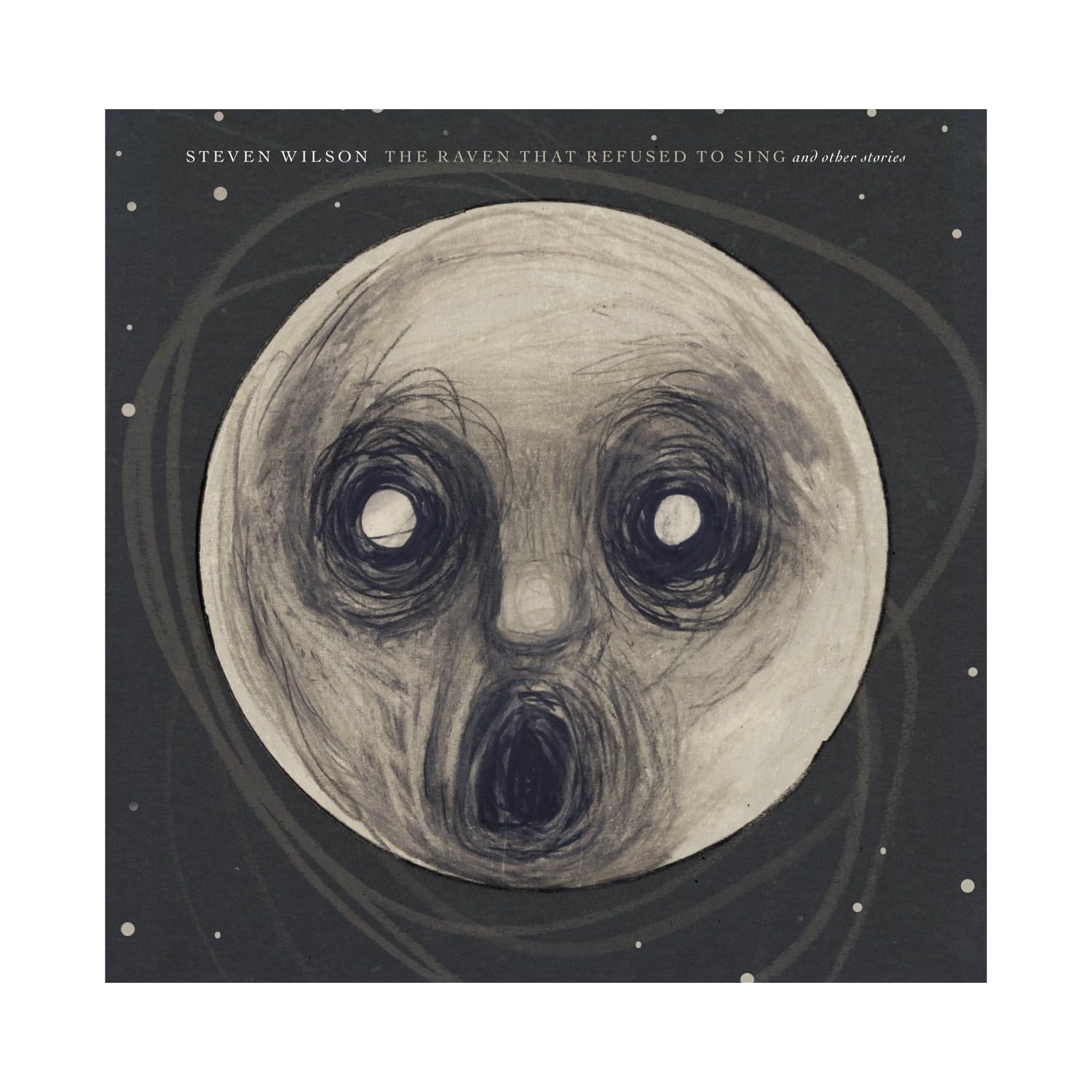
Adolf Busch Chamber Players - Brandenburg Concertos.

Superb.

Nuff said!!
Son of 
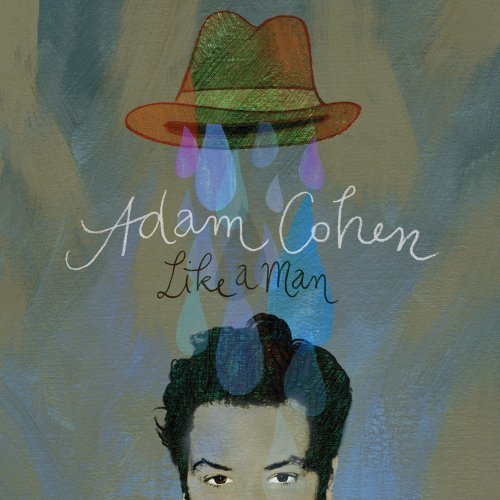
CD.
Graham,

If you looked up Soul in the dictionary you would probably find this.
Was never a big fan until I heard this
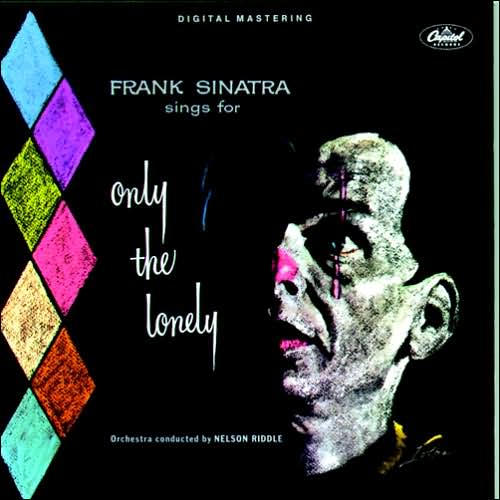
Next on the playlist. Dim the lights, nice fire on........bliss!
Pieter Wispelwey (Cello), Paolo Giacometti (Piano - Érard 1837)
Sonata for Cello and Piano no 2 in D major, Op. 58 by Felix Mendelssohn
Song without words for Cello and Piano in D major, Op. 109 by Felix Mendelssohn
Waltzes (3) for Piano, B 164/Op. 64 by Frédéric Chopin
Sonata for Cello and Piano in G minor, B 160/Op. 65 by Frédéric Chopin
Work before pleasure is the common endurance most have to accept while grinding out our daily bread in the salt mines but in the case of music, the work is nothing but pleasure to me. Not easy but fulfilling. I've now been working on the D major sonata for cello and piano since fall and rehearsals come often now. I have to admit I was not familiar at all with this sonata and it was my partner who picked this. I spent a long time grumbling to myself about this as I didn't really have it in my desire to learn this when I had my heart set on other priorities.
So there is a huge curve to overcome with every large work of music that one has to overcome before you can feel you've learnt it. I'm a long way away from getting over that hump but I've crossed the first foothill anyway. Going from disinterest to an overwhelming passion for the piece. This happens every time for me after spending hundreds of hours with any work and going from struggle to eventually overcoming what seemed insurmountable. After this exercise, even something I like a lot I end up liking it even more so with time. Going deeper into anything seems to be a worthwhile endeavour, for me anyway.
I spend about 50% of my time with chamber music and it is one of my highest passions/interests. With hard work, it bears and produces extraordinary fruits of a marriage - a good marriage that is. It can also result in the opposite if you don't have the right partner(s). What will or can you give? What will or can they give? What do you have in common? There has to be give and take and you hope your partner(s) will flexible - staking out some territory for themselves and giving in on other parts. Overall, everyone has to have a similar view of the big picture though.
After working out my own ideas for several months now I've decided it's time to see what others think now. So I begin with Pieter Wispelwey and Paolo Giacometti. This recording attracted me just based on its pairing of Chopin & Mendelssohn. Mendelssohn was born in 1809 and died in 1847 whereas Chopin was born in 1810 and died in 1849. Almost identical time period yet Mendelssohn couldn't be more different than to Chopin. Mendelssohn is not quite a romantic - I'd say he has one foot over the fence looking forward and the other in the opposite direction looking back. Chopin on the other hand is a true romantic period composer. He too does look back but ups the ante more toward the future and a new language. The two sonatas here then couldn't be more different.
That is the first thing I've had to come to terms with about this D major Sonata. It leans more to the Classical genre and that's how I'm trying to convey it but with softer edges to it. But then in comes that magnificent Adagio which I can not think of in any other terms than that this is a beautiful chorale - a Bach chorale, that is. It is interesting to note that poor old Bach was somewhat overlooked through the periods of Haydn, Mozart and Beethoven. It was actually Mendelssohn that was responsible for Bach's revival again.
The other thing I've become aware of is this D major sonata (written in 1842-43) is that it is already in the future and clearly in the new breed of cello sonatas of that time. Yes, Beethoven insisted on changing the past and created a partnership of equals between instruments but prior to this, cellist were mostly relegated to a basso continuo role. This Sonata requires a strong partnership between instruments. I think this is quite different to say, even the D minor Trio of Mendelssohn (completed in 1839). Here the Cello and Violin mainly mimic each other but leave the lion share of the work to the poor pianist.
This is an interesting recording with nothing much wrong technically. What is interesting about it I suppose is that Giacometti is playing on an Érard pianoforte from 1837 so this creates an unusual soundscape. One will either like this or not. For my beloved Adagio, I'm not sold on this "old" sound world quite yet although I have to say this is one of the better period piano recordings I've heard. When the Tempo I returns, I personally need to hear bells and angels (sempre una corde). This is doubly true on the final tutte le corde where the piano assumes the vital melody - the same in which the cello leads in on near the start. At this point, if done correctly, there should be electricity in the room and not a dry eye to be found. I suppose this is counterintuitive to a Classical approach but I simply cannot divorce emotion from music no matter what period it comes from.
And so the journey continues....
Doug
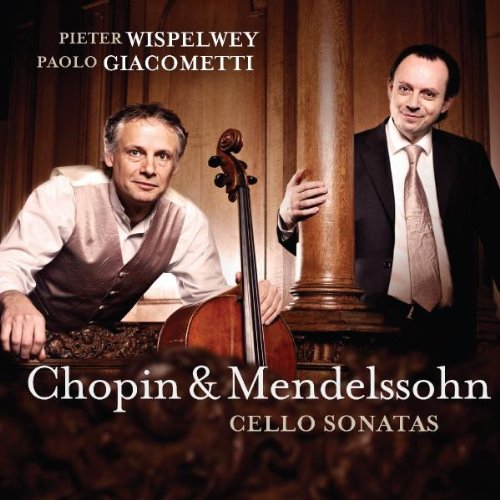
Debs, thanks again for the recommendation.

Chords, I agree with you that it is is an exceptional recording. The problem of the disc is the attached booklet which is of a phone book size. I strain my wrist every time I carry it.

